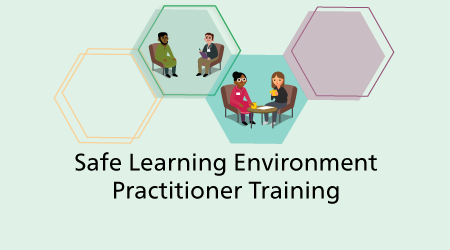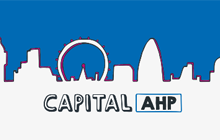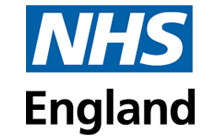About the Safe Learning Environment Practitioner Training programme
This elearning is aimed at early career registered healthcare professionals who are training to become Safe Learning Environment Practitioners (SLEPS), and who do not traditionally have a direct role supervising and assessing learners. If that is you, in becoming a SLEP, you are supporting those pre-registered healthcare professionals who are in training. A SLEP is someone who helps create positive learning experiences for learners during their placements and should not be the person supervising or assessing a learner.
The programme is broken down into 20- to 30-minute sections. Overall, the learning will take you around 7 hours. It is recommended you do this over several days or weeks to allow time for reflection. The training is accompanied by a workbook which you should complete as you progress through the sessions.
The Safe Learning Environment Practitioner training consists of 3 sections:
- Introduction to restorative supervision: SLEP conversations
- Creating safe education spaces
- Coaching
Learning Outcomes
- On completion of the course a SLEP should be able to:
- describe the benefits of having SLEP conversations
- outline the theoretical models of supervision and restorative supervision
- approach a SLEP conversation within a restorative supervision framework
- reflect upon how their own restorative supervision skills are developing
- describe the 4 quadrants of psychological safe spaces
- be aware of, and able to apply, techniques that foster psychological safe spaces
- understand the role and scope of mental health first aid
- be able to identify when, where and how to signpost to support in their own organisations
- describe common types of neurodiversity, how they might affect learners, and appropriate strategies of support
- be aware of, and apply, reasonable adjustments to support learners within clinical environments
- identify characteristics of inclusive teams and apply practices to foster inclusion and inclusive learning
- explore ways in which individuals can contribute to creating inclusive environments
- define the principles of allyship
- describe the 4 principles of being an active bystander
Primary and secondary audiences
This resource can be utilised by both clinical and non-clinical staff, across settings. This is suitable for registered and unregistered staff. Typically, but not exclusively this resource is designed for early career staff although more experienced colleagues may also find benefit.
Meet the team
- Laura Smith, AHP Workforce Lead, NHS England, Workforce, Training and Education
- Ellie Melkuhn, AHP Education Lead, NHS England, Workforce, Training and Education
- Sarah Foster, RePAIR Fellow, NHS England, Workforce, Training and Education
- Joe Spannari, Clinical Fellow, NHS England, Workforce, Training and Education
- Martin Hogan, Lead PNA, Central London Community Trust
- Sarah Gray, TEL Education Content Programme Manager, NHS England
- Laura Pope, TEL Education Content Senior Project Manager, NHS England
- Karen Walker, TEL Education Content Lead Learning Designer, NHS England
- Paul Kelly, TEL Education Content Learning Designer, NHS England
- Abigail Lingford, TEL Education Content Graphic Designer, NHS England
- Andrew Lack, Senior Communications and Engagement Officer, NHS England
Acknowledgements
This session was produced following curriculum co-production across multi-professional allied health professionals. Of note, the authors thank the London PEF group for their guidance.
How to access:
To access this elfh programme, you will require a Learning Hub account. If you do not have one, then you can register by selecting the Register button below. Note that if you hold a full elfh account, you can sign into the Learning Hub using your existing login credentials.
To view the Safe Learning Environment Practitioner Training programme, select the View button below. If you already have a Learning Hub account, you will also be able to login and access the resources within the programme .
NHS healthcare staff in England – ESR
The Safe Learning Environment Practitioner Training programme is also available to NHS healthcare staff via the Electronic Staff Record (ESR). Accessing this e-learning via ESR means that your completions will transfer with you throughout your NHS career.
Further details about the Electronic Staff Record (ESR).
Not an NHS organisation?
If you are not an NHS health or care organisation and therefore do not qualify for free access to the Learning Hub, you may be able to access the service if you have an existing OpenAthens account. Please go to Learning Hub and sign in with your existing credentials.
If you do not have an existing OpenAthens account, please contact elfh directly to check whether you may be eligible for access.
Registering large numbers of users
If you are a HR, IT or Practice Manager and would like to register and enrol large numbers of staff within your organisation for access onto the Safe Learning Environment Practitioner Training programme, please contact elfh directly.
Organisations wishing to use their own LMS
For HR departments wanting to know more about gaining access to courses using an existing Learning Management System please contact elfh directly to express interest.
More information
Please select the following link for more information on how to use the Learning Hub





